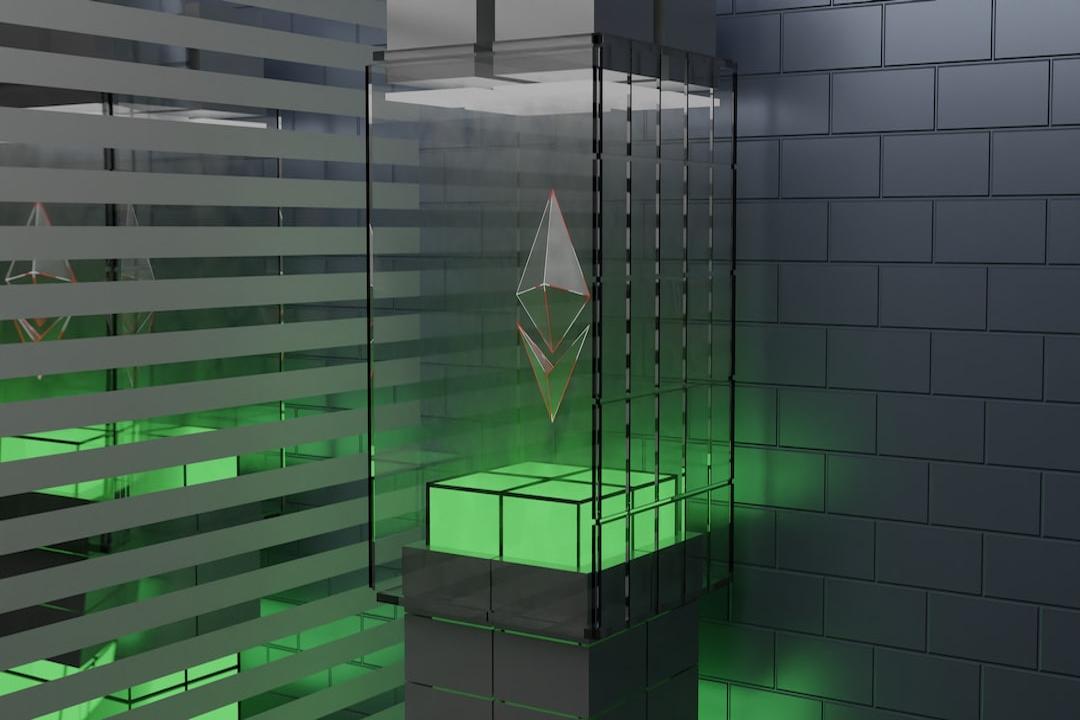Despite the pessimistic outlook of many crypto analysts and the wider crypto community regarding the approval of spot Ether exchange-traded funds (ETF) by the United States Securities and Exchange Commission (SEC), some experts suggest that there could be unexpected developments.
Crypto trader Matthew Hyland, with a substantial following of 142,000 users, stated in a post on May 17 that if the SEC were to approve the ETF, it would catch many people off guard. He pointed out that if the majority of people believe that the ETF will be denied and that it would lead to a crypto crash, then who would actually be selling? According to Hyland, the expectation of denial is already factored into the market. As of now, Ether (ETH) is trading at $3,102, according to CoinMarketCap.
Ether is currently experiencing a 6.31% increase in value over the past seven days, trading at $3,102. Source: CoinMarketCap
Bloomberg ETF analyst Eric Balchunas has estimated the odds of approval at 35%, while the broader crypto community has set their estimates closer to 7%, according to New York-based crypto predictions platform Polymarket.
On the other hand, David Han, a research analyst at cryptocurrency exchange Coinbase, believes that there is a possibility of a positive surprise in the SEC’s decision. In Coinbase’s monthly outlook report published on May 15, Han stated that the odds of approval are around 30-40%.
Han explained that as cryptocurrency becomes a more important issue for voters leading up to the upcoming November United States presidential election, the SEC may be less inclined to maintain its position on a denial decision. He argued that it is uncertain whether the SEC would be willing to use its political capital to support a denial, as crypto gains more prominence as an election issue.
Furthermore, Han suggested that even if the VanEck and ARK Invest ETF applications are denied by the initial deadline of May 23, there is a strong possibility that litigation could overturn that decision.
Magazine: What exactly do crypto market makers do? Providing liquidity or manipulating the market?

